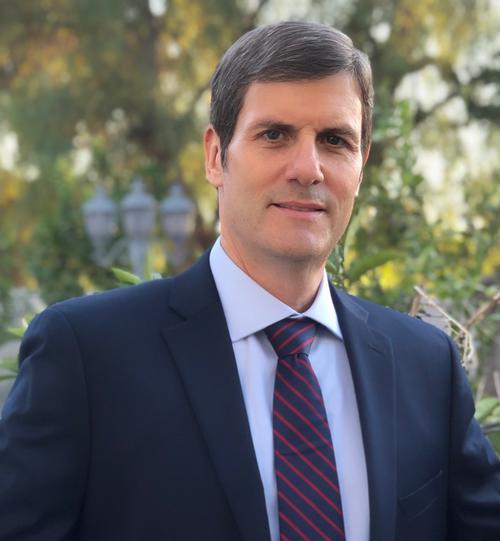SPECIAL LEGAL PROTECTIONS CALIFORNIA LAW ALLOWS WHEN AN INJURED CHILD HAS TO TESTIFY IN TRIAL, OR IN DEPOSITION BEFORE TRIAL:
When children do have to testify at a trial or hearing, rest assured that the trial judge will go to great lengths to make sure that neither lawyer asks the child any leading questions (questions that suggest the answer), and that the child is not in any minor way harmed or intimidated by the questions, or treated with anything but respect. Every case is unique and every child injury is different, and your injury lawyer can best counsel you as to whether or not your child must attend should the case proceed to trial.
When children do have to testify at a trial or hearing, rest assured that the trial judge will go to great lengths to make sure that neither lawyer asks the child any leading questions (questions that suggest the answer), and that the child is not in any minor way harmed or intimidated by the questions, or treated with anything but respect. Every case is unique and every child injury is different, and your injury lawyer can best counsel you as to whether or not your child must attend should the case proceed to trial.
If a case is before trial, in what is called the “discovery phase” (time when the defense obtains answers in written and verbal format), and the defense attorney would like to depose the minor child in a formal “deposition” (an answer and question interview done under oath in front of a court reporter), the plaintiff attorney who represents the minor child has great leeway to ensure the minor child is protected. Protected in the same way a trial judge will protect the minor child testifying in court. If an attorney for the defense tries in any way to intimidate the child, the plaintiff attorney for the child can stop the entire deposition, and make a legal motion to the court for a “protective order” protecting the minor child. In fact, in some cases of severe intentional abuse, aspecial judge can be hired or appointed by the court to specifically protect the child at his or her deposition.
Injured children, through their parents or guardians, hold the same legal rights of an injured adult to make a negligent party take responsibility for their negligent actions that cause them injury. Also, to collect money damages based on past, and future pain and suffering, emotional damages, past and future medical and attendant care expenses, and past and future loss of income. The amount of damages an injured child can collect is in no way limited by the fact that they are injured child, but any monetary settlement or award will be closely monitored and protected by the court system as discussed in more detail in this book in the coming chapters. Remember, an injured child must be represented by a guardian to either bring a lawsuit, or enforce a settlement or monetary award in California and in the rest of the States in the United States, unless the child is legally emancipated from his or her parents.
Injured children, through their parents or guardians, hold the same legal rights of an injured adult to make a negligent party take responsibility for their negligent actions that cause them injury. Also, to collect money damages based on past, and future pain and suffering, emotional damages, past and future medical and attendant care expenses, and past and future loss of income. The amount of damages an injured child can collect is in no way limited by the fact that they are injured child, but any monetary settlement or award will be closely monitored and protected by the court system as discussed in more detail in this book in the coming chapters. Remember, an injured child must be represented by a guardian to either bring a lawsuit, or enforce a settlement or monetary award in California and in the rest of the States in the United States, unless the child is legally emancipated from his or her parents.


